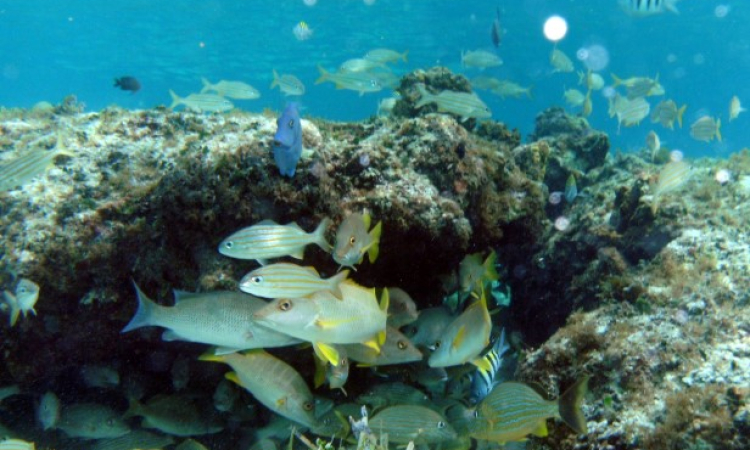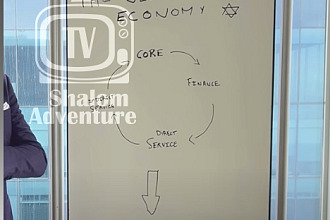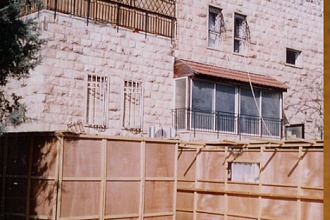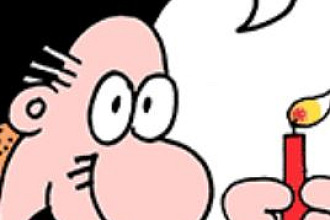In Yeshua's day, a common practice during the seven days of Sukkot was that of a Nisuch Ha-Mayim (Water Ceremony). The custom consisted of the High Priest "[leading] a procession to the pool of Shiloach (Siloam) where he would fill a golden pitcher with water and then return to the courtyard of the Temple" (John Parsons). The High Priest would then proceed to "pour out the water," and as he did so the people would "wave their lulavot" as they sang from Psalm 118: "Save now, I pray O LORD; O LORD, I pray, send now prosperity" (v. 25).
Let us observe two fulfillments made by Yeshua in regards to this ceremony:
1) At Yeshua's triumphal entry (see Matt. 21:8-9; Luke 19:38; John 12:13) we witness the Messiah being greeted in Jerusalem with shouts of "Hosanna!" (Save us!) accompanied by the waving of the crowd's lulavot.
2) Yeshua famously cried out, in John 7, the following plea: "If anyone is thirsty, let him keep coming to me and drinking. Whoever puts his trust is me, as the Scripture says, rivers of living water will flow from his inmost being" (vv. 37-38). John goes on to explain that Yeshua here spoke of the Holy Spirit, who "had not yet been given," but who would soon come to inhabit believers in Yeshua. But what is most striking about all of this is that these words of Yeshua came "on the last and most important day of the festival," (v. 37, HCSB) that is, Hoshana Rabbah.
Imagine the setting! Sukkot was in full swing. The joy of the first six days was exuberant. On the great final day...the crowds were filled with expectation for the Messiah and the Holy Spirit he would bring [see Isaiah 12:3]. At the very time of the water drawing ceremony, Yeshua made a bold proclamation: Do you truly want the living waters of the Holy Spirit? Does anyone understand the true significance of this ceremony? If anyone desires what [the ceremony] symbolizes, let him believe in Me. I am the Messiah who will pour out the Holy Spirit on Israel! (Kasdan)

























